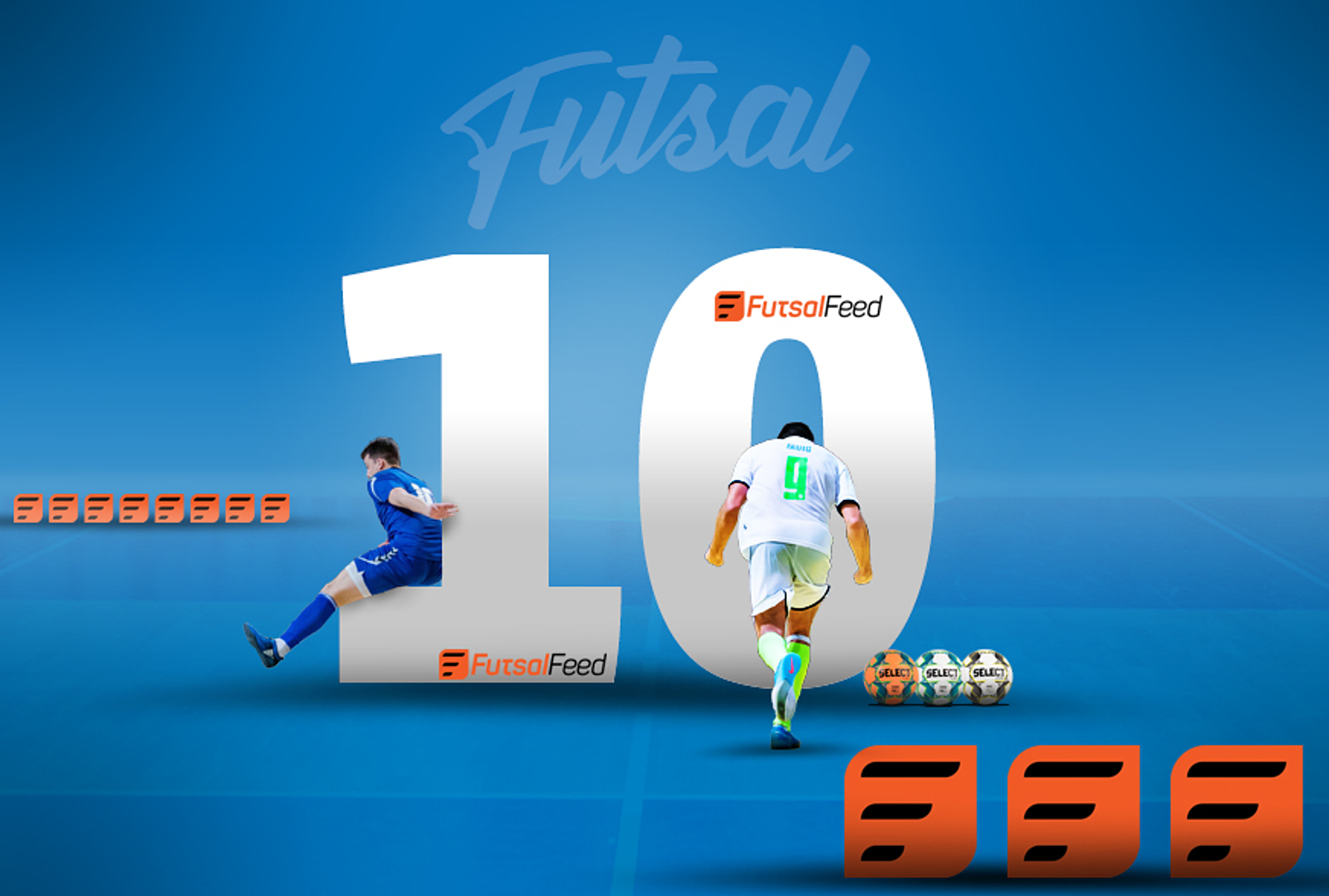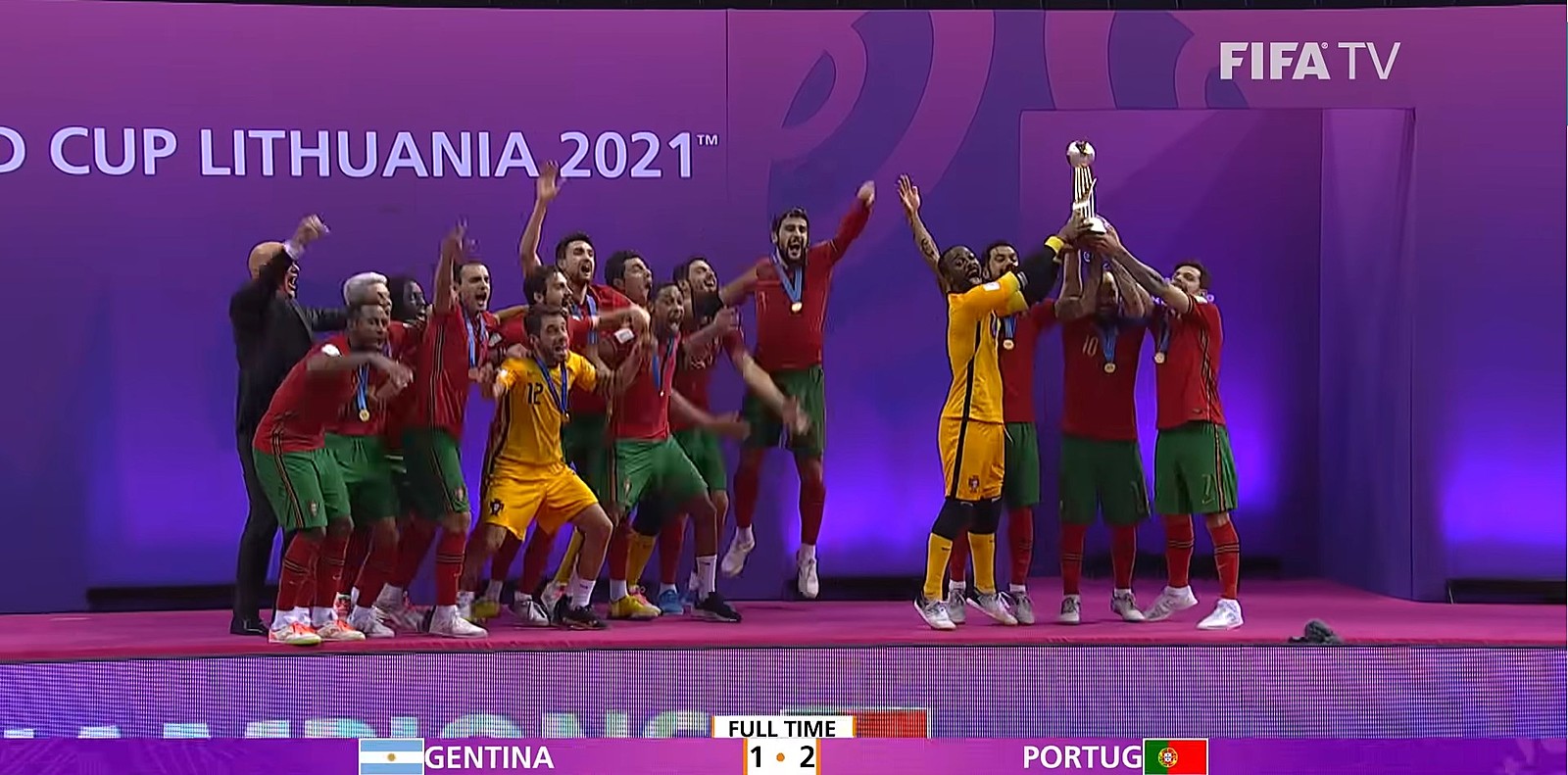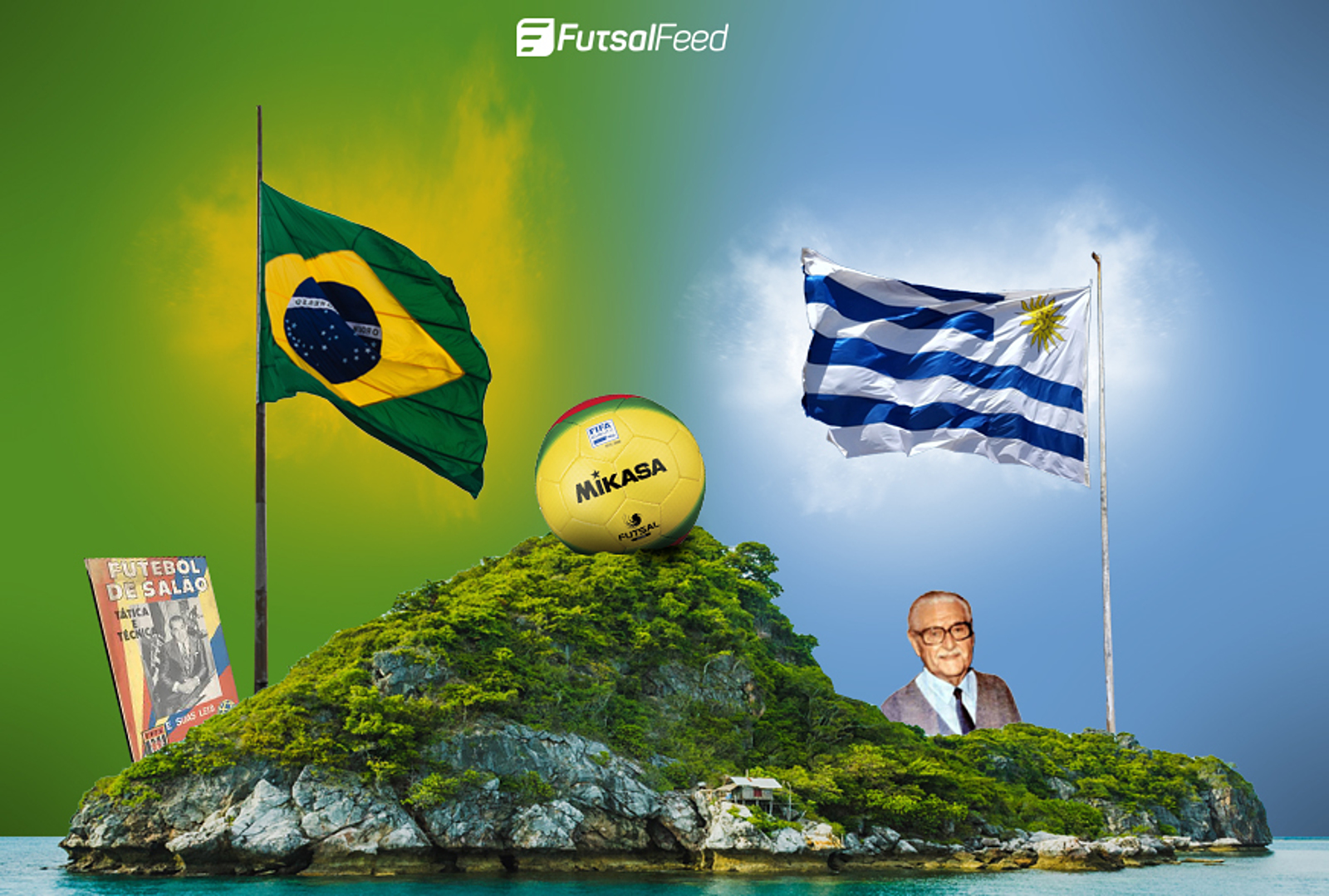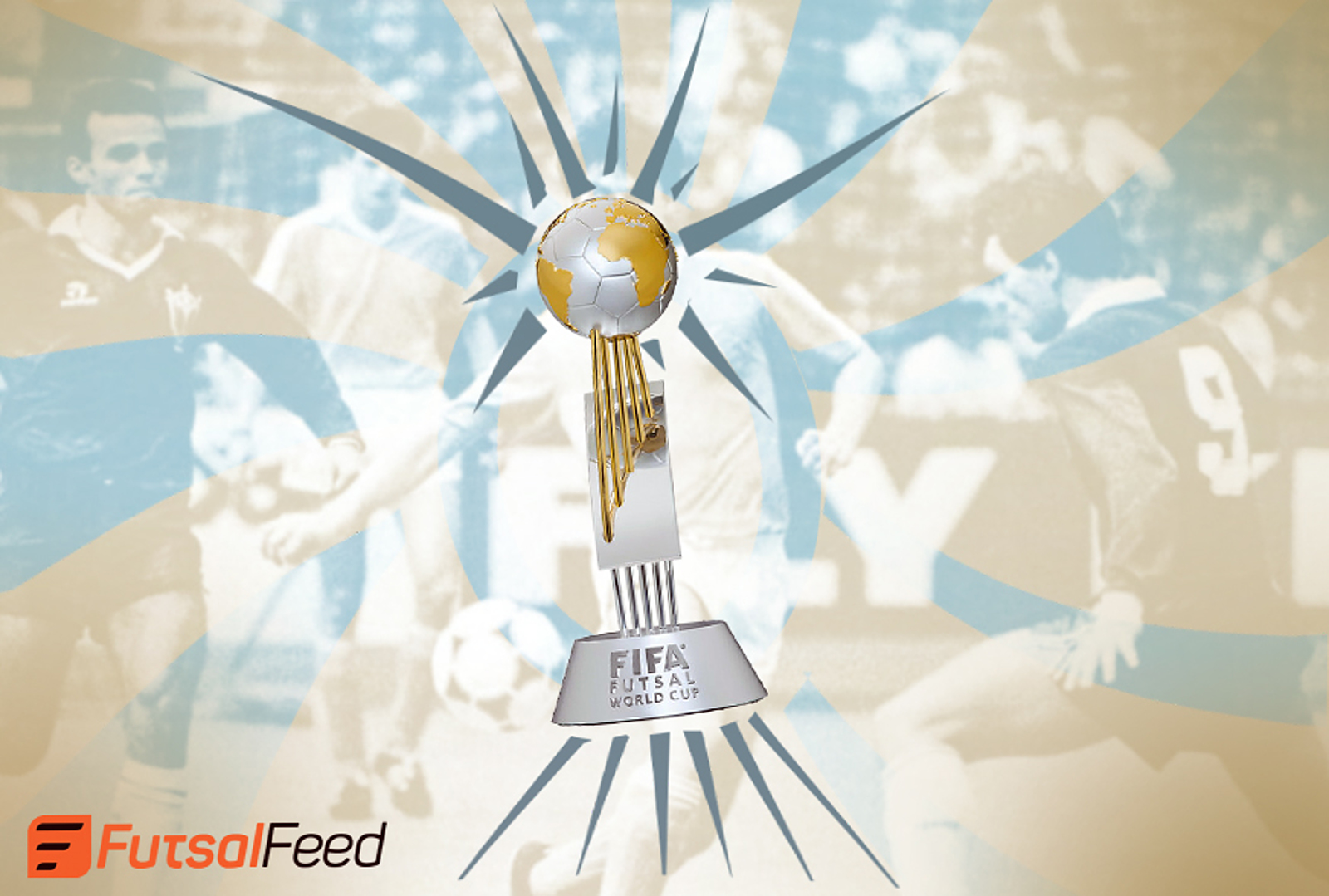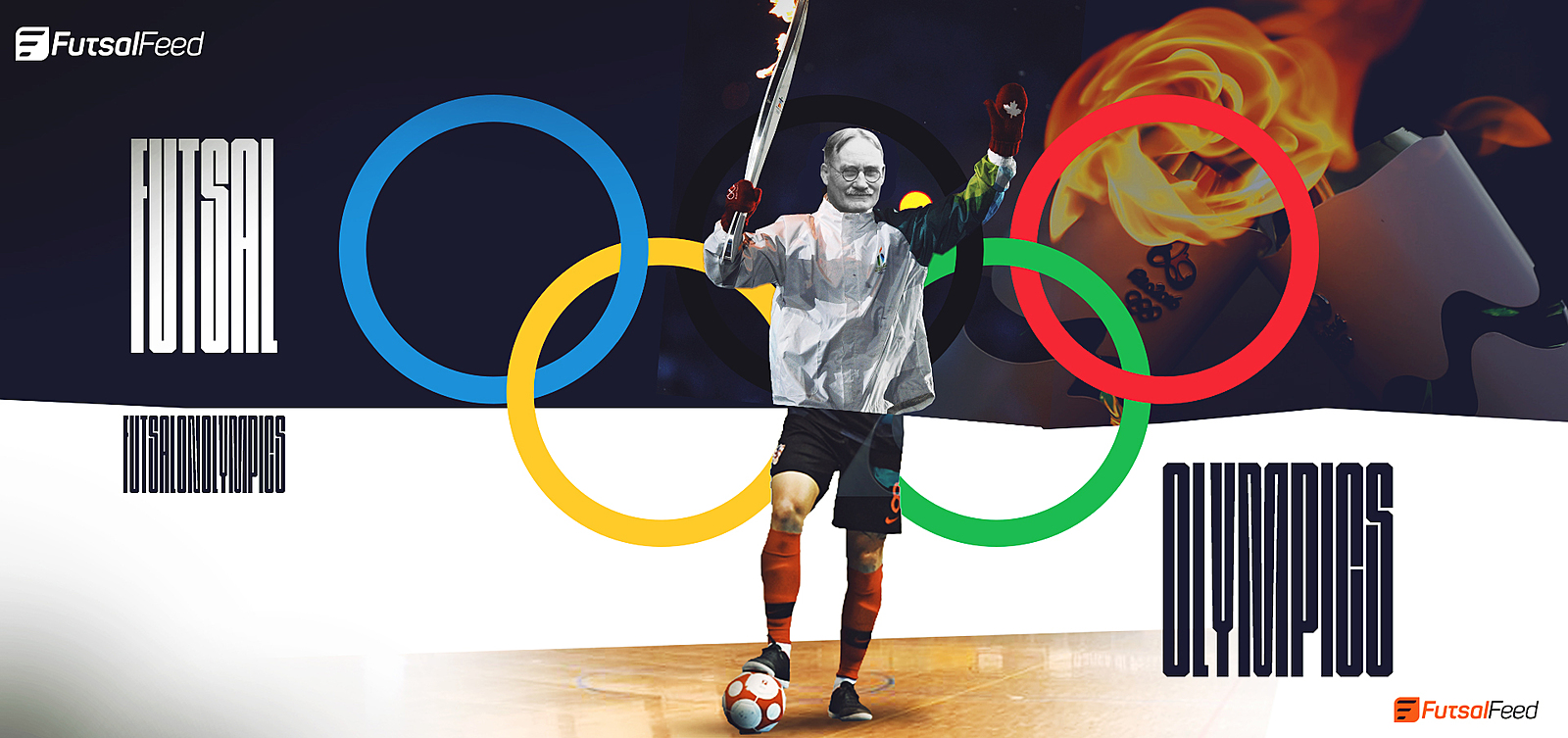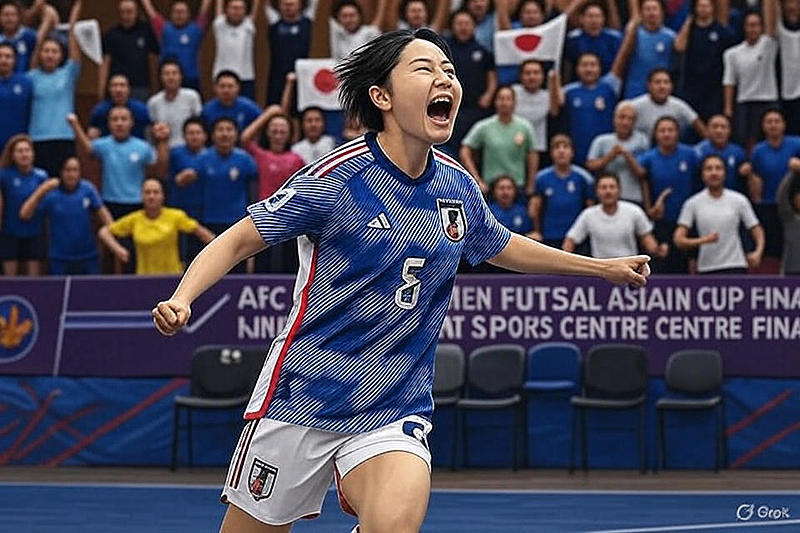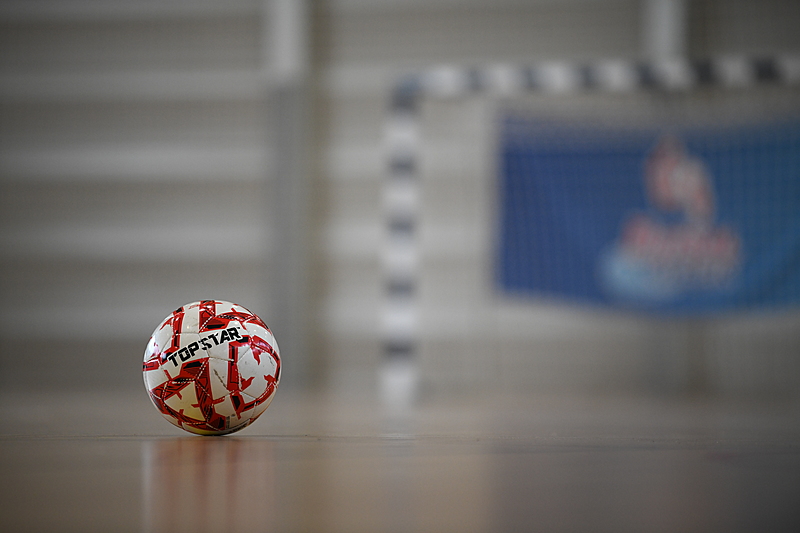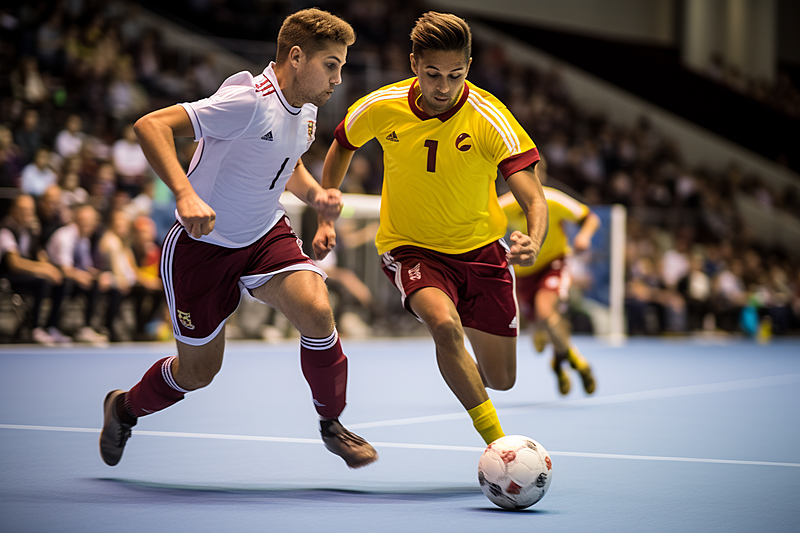The current year, 2024, stands as one of the most eventful in the history of sports. Alongside the central sporting events of the year such as the UEFA European Football Championship and the Summer Olympic Games, as well as continental football championships in Africa, Asia, and South America, along with continental and global tournaments in other team sports (handball, water polo, ice hockey...), from September 14th to October 6th, the FIFA Futsal World Cup 2024 will take place in Uzbekistan.
Explore exciting sports betting options on Superbet Apostas today! (18+)
Origins of Futsal and Early Days
Futsal is today one of the fastest-growing sports in the world, and the upcoming FIFA Futsal World Cup will mark the milestone tenth edition since FIFA took over the sport. However, the official beginnings of futsal date back to the first half of the 20th century, when Argentine-born teacher and coach Juan Carlos Ceraini Gravier created the sport for the recreation of his students at the Uruguayan Young Men's Christian Association. Ceraini wrote the first book of futsal rules in 1933.
The name 'Futsal', derived from the Portuguesse "futebol de salao" and the Spanish "fútbol sala" (football in hall). It was initially played informally in small indoor spaces, emphasizing technical proficiency, quick decision-making and close control of the ball. As the sport gained popularity, fueled by its exciting nature and emphasis on skill over physicality, discussions about an international tournament began to emerge.
Throughout most decades of the last century, futsal was predominantly played in South America, especially in Brazil (which also claims to be the founding country of this sport), today the most successful and trophy-laden futsal nation in the world. It is well known that numerous footballers, such as Pelé, Zico, Socrates, Ronaldo, Ronaldinho, and Neymar, trained in futsal alongside football in the early stages of their careers.
> A million-dollar question: Who invented futsal?
The inception of the Futsal World Cup
In 1971, Brazilians established FIFUSA, the governing futsal organization, and in 1982, they organized the first Futsal World Cup which was held in Brazil. This event marked a significant milestone for futsal, providing a platform for national teams to compete at a global level. However, due to the increasing popularity of the sport, FIFA, the world governing body for football, assumed jurisdiction over futsal and launched the first FIFA Futsal World Cup in 1989., further legitimizing futsal as a recognized sport on the international stage.
Early Years and Growth of the FIFA Futsal World Cup
During its early years, the Futsal World Cup witnessed participation from a limited number of countries, reflecting the sport's developing landscape. Brazil emerged as an early powerhouse, showcasing the flair and technical prowess that futsal is known for. Brazilians won the first three editions of the FIFA Futsal World Cups defeating The Netherlands (1989), The United States (1992) and Spain (1996) in the finals.
As interest in futsal spread across continents, more nations began to participate, contributing to the tournament's growth and diversity. Significant progress has been seen in European countries such as Italy, Portugal, Russia, Ukraine, and Spain. Spain, in particular, emerged as a dominant force in the world of futsal in the early 2000s, winning the World Championships in 2000 and 2004. Additionally, they reached the finals in the 2008 and 2012 tournaments, narrowly losing to Brazil.
Evolution of Format and Expansion
Over time, the Futsal World Cup evolved in format and structure to accommodate the growing interest and competitive landscape. The number of participating teams increased, leading to qualifying stages and regional championships to determine entrants. The tournament format also changed, including group stages followed by knockout rounds, mirroring the format of traditional football World Cups.
> The brief history of FIFA Futsal World Cups
Rise of Global Competitiveness
One of the most significant developments in the Futsal World Cup's evolution is the rise of global competitiveness. Traditional powerhouses like Brazil, Spain and Argentina faced strong challenges from emerging futsal nations such as Portugal, Russia, Ukraine, Iran, Morocco, etc.. This increased competitiveness has elevated the quality of play, captivating audiences worldwide with thrilling matches and remarkable displays of skill.
For instance, 16 nations participated in the inaugural FIFA Futsal World Cup in 1989, and 32 nations will compete in the 10th edition, scheduled to take place in Uzbekistan in September and October of this year, mirroring the format of FIFA World Cups in football from 1998 to 2022.
Impact of Technology and Media
Advancements in technology and media have played a pivotal role in shaping the Futsal World Cup's reach and visibility. Television broadcasts, live streaming platforms and social media have made the tournament accessible to fans across borders. The use of video technology for refereeing decisions has also enhanced the tournament's fairness and accuracy, reflecting football's broader technological advancements.
Influence on Grassroots Development
The Futsal World Cup's success and visibility have had a cascading effect on grassroots development and participation in futsal globally. More countries have invested in futsal infrastructure, training programs and youth academies to nurture talent from a young age. This grassroots development has contributed to the overall growth and competitiveness of futsal at both the national and international levels.
Nowadays, Futsal is experiencing rapid growth in some traditionally non-futsal countries such as France, Germany, Belgium, Japan, and China.
> Top 6 Emerging Futsal Nations

Futsal is, nowadays, perhaps the most popular sport at the amateur level because it is more economical than football (it requires fewer players, and it is played on a smaller field). It is represented at the elementary, high school, and college levels and it is also a dynamic and entertaining sport that offers players greater opportunities to participate in the game compared to, for example, football.
Challenges and Opportunities Ahead
Despite its growth and success, the Futsal World Cup faces ongoing challenges and opportunities. Balancing commercial interests with the sport's ethos, ensuring fair representation across regions and addressing issues such as player welfare and integrity remain crucial priorities. Expansion plans, including the possibility of hosting the tournament in new regions, present exciting opportunities to further globalize futsal and engage diverse fan bases.
We can also mention that futsal finds itself in the shadow of its older and much more lucrative sibling, football. For FIFA, the governing body for both football and futsal, football generates significantly more revenue than futsal, leaving much more room for improvement in terms of promoting futsal, not only by FIFA but also by continental and national football associations.
> Why is Futsal Not an Olympic Sport?
Emergence of Futsal Stars
The Futsal World Cup has been instrumental in showcasing the talents of futsal stars who have left a lasting impact on the sport. Players like Alessandro Rosa Vieira, better known as Falcão, Portuguese superstar Ricardinho and Brazilian-born Kazahstan goalkeeper Leo Higuita became synonymous with futsal excellence through their dazzling skills and goal-scoring prowess on the world stage. These futsal icons not only inspired a new generation of players but also helped elevate the perception of futsal as a distinct and respected sport in its own right, garnering admiration from football enthusiasts and sports aficionados globally.
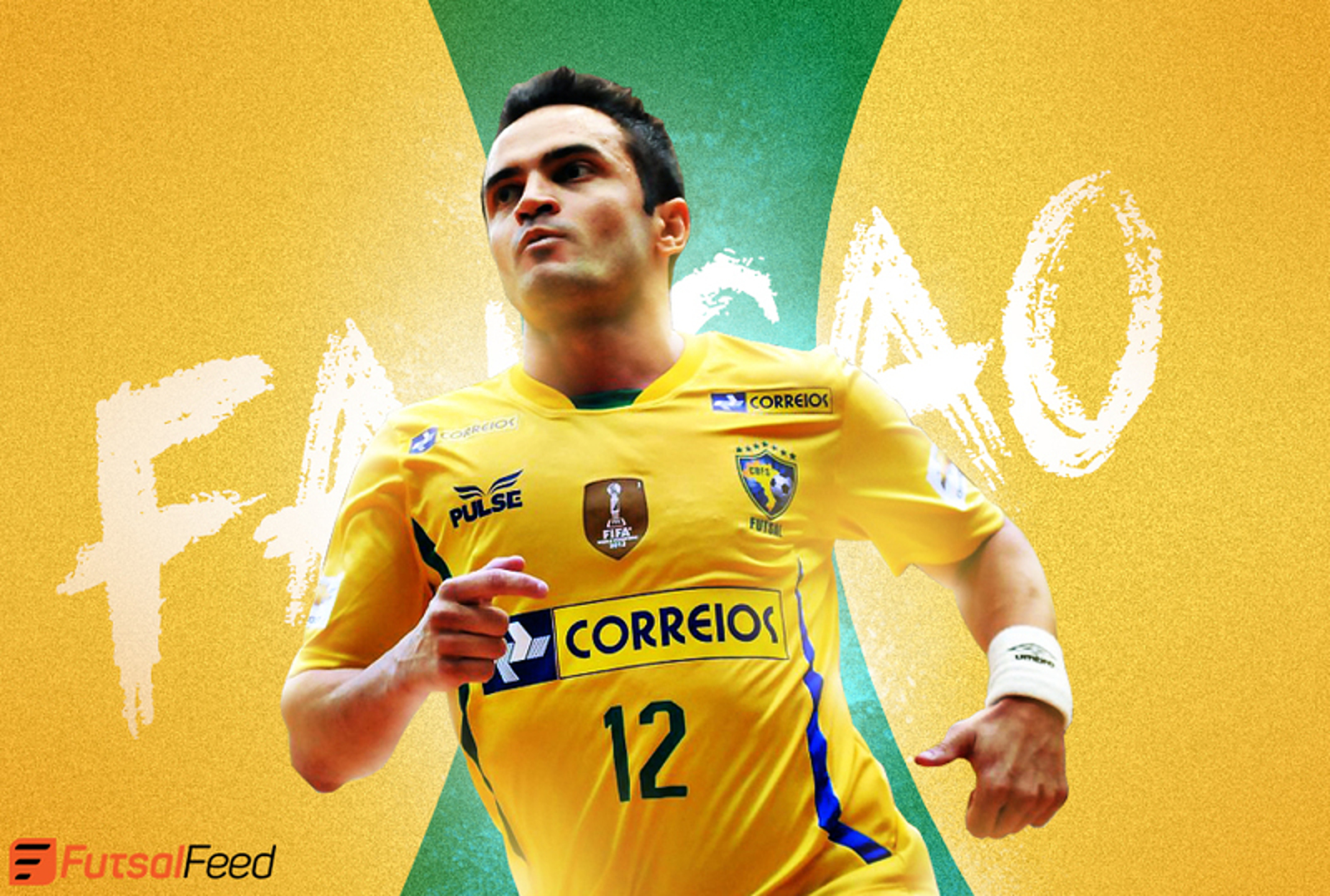
As mentioned earlier, all the greatest footballers of all time, such as Pele, Maradona, Messi, Cristiano Ronaldo, Iniesta, Ronaldo Nazario, and others, have also played futsal during the developmental period of their footballing careers.
> What is the best footballing futsal team ever?
 Continued Global Expansion
Continued Global Expansion
As the Futsal World Cup enters new chapters, its global expansion remains a focal point for stakeholders and fans alike. Initiatives such as increased participation opportunities for emerging futsal nations, strategic marketing campaigns and partnerships with major sporting brands contribute to the tournament's growing reach and relevance. The inclusion of futsal in multi-sport events and collaborations with football federations also serve to integrate futsal into the broader sports landscape, fostering synergies and mutual growth. These efforts underscore the ongoing evolution and bright future of the Futsal World Cup as a pinnacle event in indoor football.
It is predicted that the FIFA Futsal World Cup 2024 in Uzbekistan could be the most-watched and profitable tournament in the relatively short 'institutionalized' history of this sport.
Closing Remarks
The Futsal World Cup's evolution from its inception to its current status as one of the most prominent sporting tournaments in the world reflects the dynamic nature of the sport and its enduring appeal. As futsal continues to capture hearts and minds worldwide, the Futsal World Cup stands as a beacon of excellence, showcasing the beauty and excitement of indoor football on a global stage.
We can't wait for the start of the new FIFA Futsal World Cup 2024 edition in Uzbekistan!
If you have a favorite team, feel free to explore a wide range of sports on Superbet Apostas and bet responsibly on your preferred Futsal teams and Futsal players (+18).
> Top 10 most important things you need to know about futsal
